Campus Dining seeking staff in light of shortages
Cascades C
September 7, 2021
Classrooms are filled once again as thousands of students return to campus, yet employment positions within Campus Dining remain empty. Four dining locations will stay closed until further notice as a result of staffing shortages.
Cascades in Plemmons Student Union, Rise Market and Bakery at Leon Levine Hall, and both McAlister’s locations are shut down until they can be appropriately staffed.
The university determined that temporarily closing these locations would be the most effective way to continue serving a high volume of students.
“Campus Dining is facing the same staffing shortages affecting employers across the country,” said John Eckman, associate vice chancellor for Campus Services.
According to the North Carolina Department of Commerce, the current lack of jobseekers “arguably represents the most difficult hiring environment for employers in a generation or more.”
However, the job market is more promising than ever for those currently looking for employment, as there’s been a 42% increase in available jobs in North Carolina compared to the pre-pandemic market.
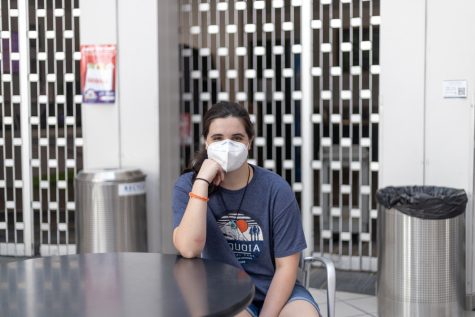
For those working in campus food service, limited staff means longer and more difficult shifts, according to Rachel Masters, a sophomore biology major who works at Park Place in Trivette Hall. Masters said cleaning measures have also intensified due to the ongoing pandemic and feels as though her nightly duties at the end of a shift have doubled.
“When I was closing, we definitely didn’t have that many people, so it took longer to clean, the lines were slower because we were trying to get things in order and we didn’t have enough backup food, so it would hold things up,” Masters said. “We stayed an extra hour and a half just putting away dishes.”
Eckman said the university is implementing added benefits to campus positions, which will hopefully encourage students to apply.
“Campus Dining has increased the starting wage for all student employees, and students with any prior service-related work experience, whether on campus or off, are eligible for higher pay,” Eckman said.
The starting pay for students rose from $8.50 an hour to $10 an hour, and students will also receive a raise each semester they continue working with the university. Campus dining will also provide a free meal with each shift.
“With the price of food and other commodities on the rise across the country, Campus Dining wanted to provide this as a cost-saving benefit to employees,” Eckman said.
Eckman said each weekday Campus Dining is providing between 10,000 and 11,000 meals, and there is no evidence to suggest current staffing issues have contributed to food insecurity among students, staff and faculty.
Masters said employment with Campus Dining also offers flexible hours that work around her school schedule. Though staffing shortages have caused difficulties, overall she said she has enjoyed her experience and wishes to continue working for the university.
“I like the environment. I like who I work with, so I think it’s worth it,” Masters said.

There are no campus dining options available for students who spend the majority of their school day in Leon Levine Hall. Senior Joy Green is a public health major who only has classes at the health sciences building, and spends roughly three hours each day there. She tries to bring food from home knowing there aren’t other options for her to be able to eat during her school day.
“It’s a little bit frustrating, especially when I don’t bring a snack to school,” Green said.
Though closures have limited dining options available to students, Campus Dining has partnered with local restaurants and food trucks to offer more alternatives. Options include The Cardinal Burger Wagon, Betty’s Biscuit Truck, Village Inn Pizza Truck and Higher Grounds Coffee Truck, which are located on Sanford Mall. Campus coffee shops such as Crossroads in the student union and Wired Scholar in Belk Library are also fully operating alongside Roess Dining Hall and Trivette Dining Hall.

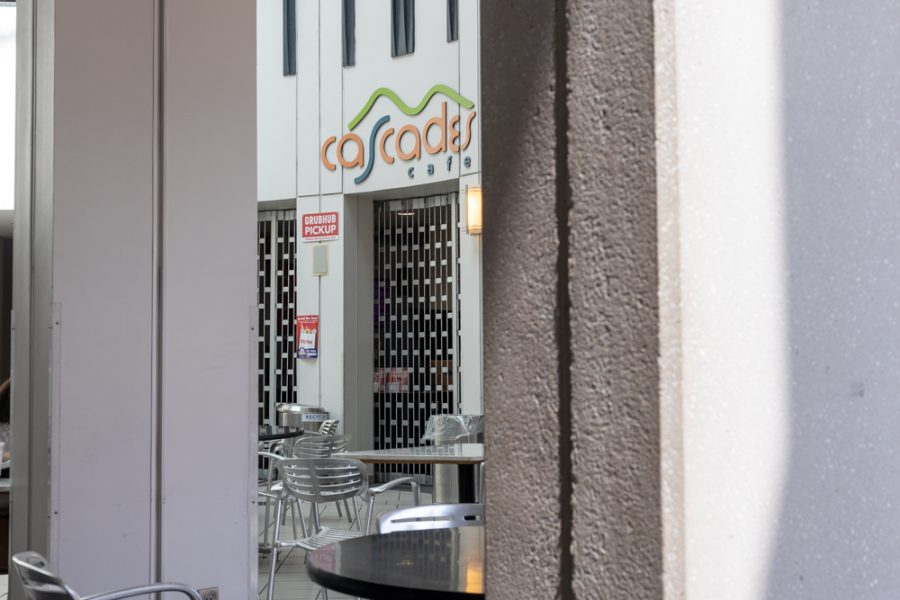
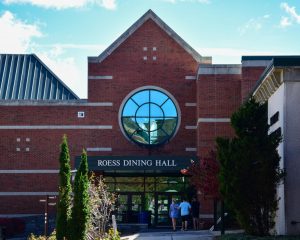
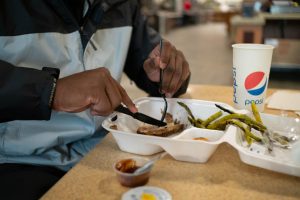
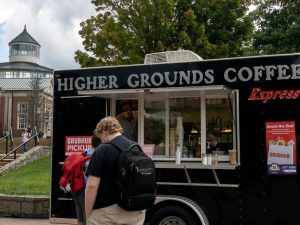
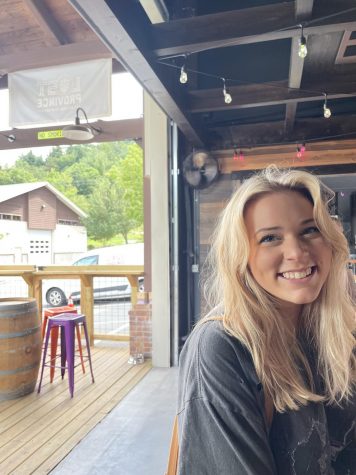





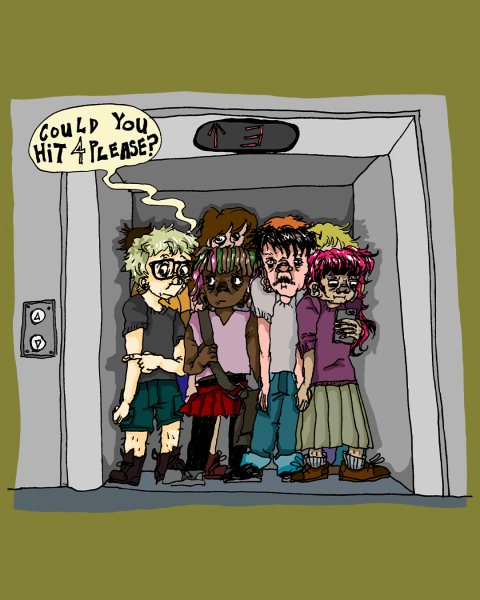





Julia • Sep 9, 2021 at 6:09 pm
My colleague’s 15-year-old child got a dishwashing job on King Street that pays $15/hr–with zero experience. How can ASU expect full-time college students to work for half of that? Double their wages, and take it out of Everts’s salary. Honestly, ASU would be better if she left.